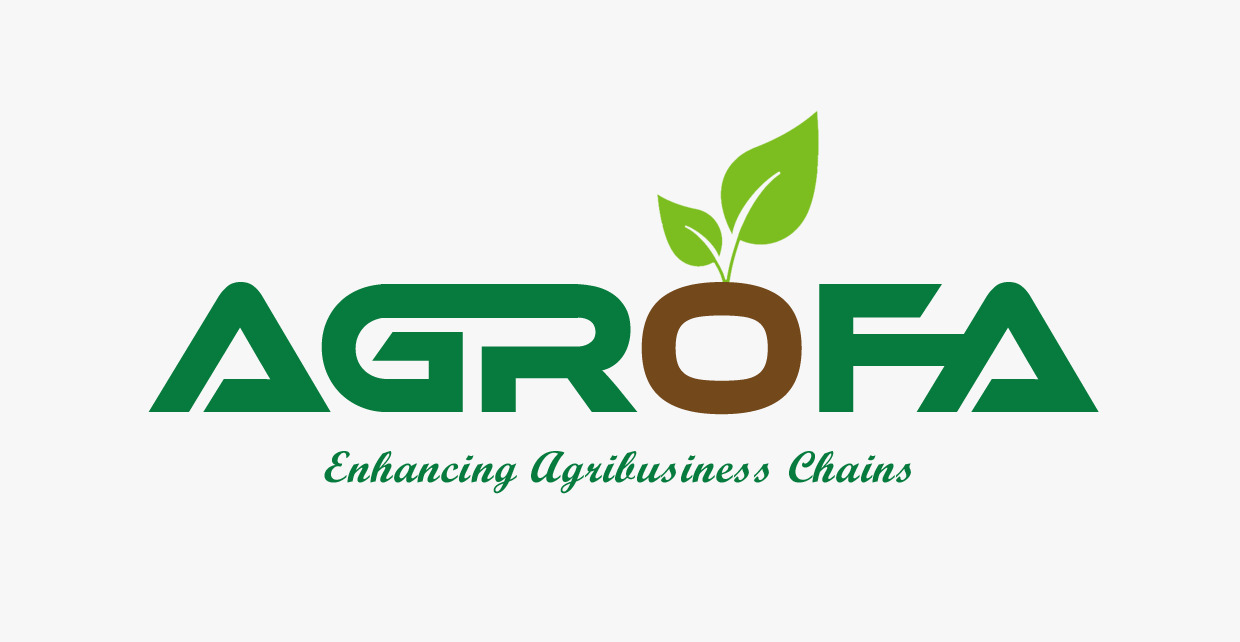Profile : Agrischoenau Trading CC
Namibia’s cooking energy mix is dominated by biomass based sources which constitute about 90 percent of the total primary energy consumed domestically. The use of these energy sources is associated with high prices especially for charcoal, deforestation, indoor air pollution, green house gas emissions and climate change induced effects. Mindful of these, the quest and demand for alternative cooking energy resources has been on the rise and is fast taking the spot light especially in urban settings like Windhoek in Namibia.
We present crop biomass derived briquettes as a reliable, affordable and clean energy option. The reasoning behind this is that it will be produced from carbonized agricultural waste, thereby solving the problem of waste accumulation. More so, it is relatively green because it does not produce smoke, cheaper than charcoal, easier to store, handle and transport. It is therefore will serve as a means of wealth creation from waste and ultimately preserving the Namibian forest cover.
As custodians of the environment, we see this idea as one that will improve the livelihood of our well esteemed customers (in terms of a combination of unique value attributes of briquettes) in particular and by extension preserve the environment. It has the potential to ensure access to affordable, reliable and sustainable energy as a pre-requisite to achieving social and economic wellbeing as envisaged by the UN SDG #7 of the 2030 agenda on affordable, clean and sustainable energy for all initiatives. In addition, the raw materials are in abundance and readily available. This energy fuel guarantees low carbon emissions, climate change adaptation and mitigation.
We could state that competition in this market is indirect and is largely actors like Namibia charcoal, King charcoal Namibia, Blackjack Trading Namibia and small scale briquette manufacturers which mostly deal in charcoal and charcoal dust briquettes whose production is not sustainable cannot met future production. More so, they are lagging behind in quality and their supplies are not consistent.
There is high probability of new entrants into this market as the energy fuels gains more popularity. We look forward to empowering and subcontracting out of school youths that will produce for us thereby enhance consistency that will enable us sustain the customer base. We shall ensure process and product quality as a mechanism to attract and maintain customers; hence, building customer loyalty.
Founder: HELVI KAUFIWETU UNOOVENE
Location: Namibia
Sector: Other
Stage: Start Up Stage
Website: null




